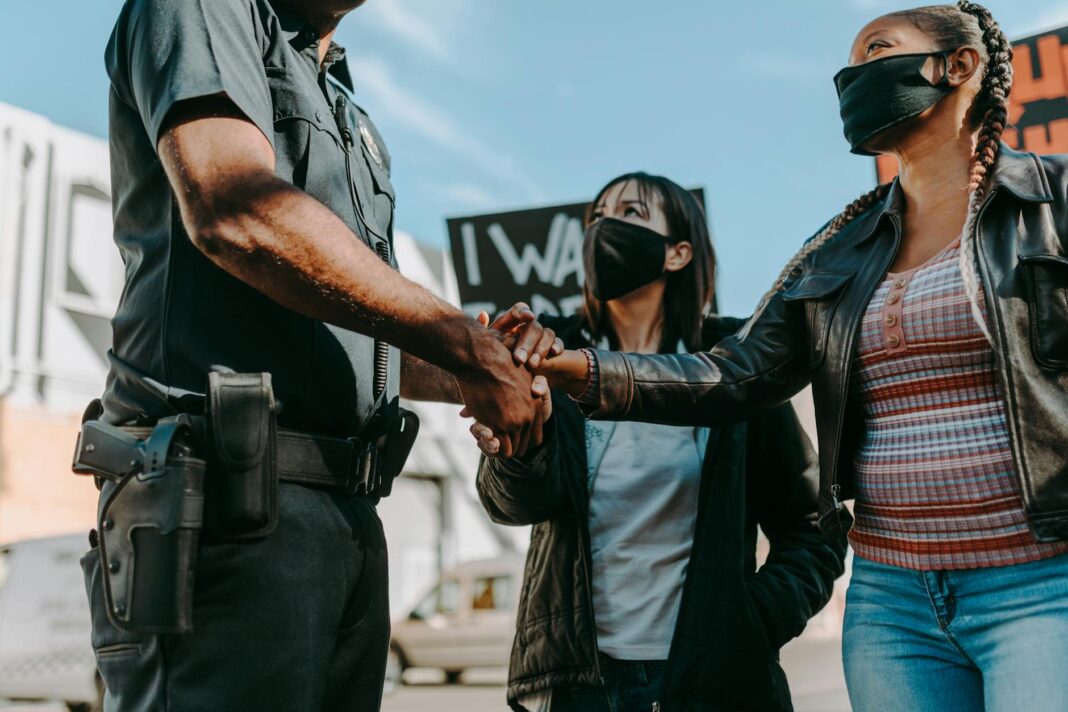The Fallout Following Kirk’s Shooting
The recent shooting of Charlie Kirk, a prominent conservative figure and founder of Turning Point USA, has sent shockwaves through the conservative community. While the shooting itself is a tragic event that deserves condemnation and serious reflection on the safety of public figures, the reaction from various factions of the right raises significant issues about accountability, free speech, and the extent to which public criticism can lead to real-world consequences. Instead of merely expressing outrage over the attack, many conservatives are turning their focus toward those who have criticized Kirk, seeking to penalize them professionally and socially.
Calls for Ostracism and Retribution
In the aftermath of the incident, a notable faction within the conservative movement has begun to call for the ostracism and firing of individuals who have disparaged Kirk in the past. These calls are not just casual grievances; they reflect a concerted effort to hold critics accountable in a way that mirrors the “cancel culture” they have often criticized on the left. This is a striking reversal and raises a fundamental question about the principles of free speech and the limits of public discourse. Is it hypocritical for conservatives to advocate for consequences against critics while simultaneously decrying similar actions taken by the left? The irony is palpable and points to a broader struggle within the conservative movement itself.
A Shift in the Conservative Narrative
The conservative narrative has historically positioned itself as the champion of free speech, arguing that leftist ideologies threaten open dialogue through intimidation and silencing tactics. However, the response to Kirk’s shooting is revealing a troubling shift. The same individuals who previously rallied against cancel culture are now advocating for similar punitive measures against those who dare to voice dissent. This dichotomy illustrates the complexities and contradictions inherent in the discourse surrounding free speech, accountability, and the political identity of the right. It raises difficult questions about whether the movement is willing to sacrifice its foundational principles in the name of defending one of its own.
Implications for Public Discourse
The implications of this movement extend far beyond the immediate reactions to Kirk’s shooting. It signals a potential chilling effect on public discourse, where individuals might think twice before expressing dissenting opinions for fear of professional or social repercussions. If conservatives are genuinely concerned about maintaining a vibrant public dialogue, they need to consider the long-term consequences of their actions. An environment where fear dictates speech could lead to a stifling of diverse viewpoints, undermining the robust conversations that are essential for a healthy democracy. Rather than fostering debate, this could lead to an echo chamber where only a single narrative is tolerated, effectively muffling critical thought.
The Broader Context of Accountability
While accountability is a necessary component of any society, the methods through which it is pursued are equally important. Should we aim for a culture where people can freely express ideas while also facing consequences for their words, or are we veering into a territory where fear governs discourse? As conservatives push for accountability in the wake of Kirk’s shooting, they must engage in self-reflection about the principles they wish to uphold. The double standards at play could ultimately undermine their cause and dilute the very message they are trying to convey. The challenge lies in striking a balance between holding individuals accountable and allowing for a marketplace of ideas that includes dissent.
Questions
What does this movement say about the current state of free speech on both sides of the aisle?
How can we balance accountability and the freedom to express dissenting opinions?
Is this push for consequences a sign of desperation or a legitimate call for accountability?


